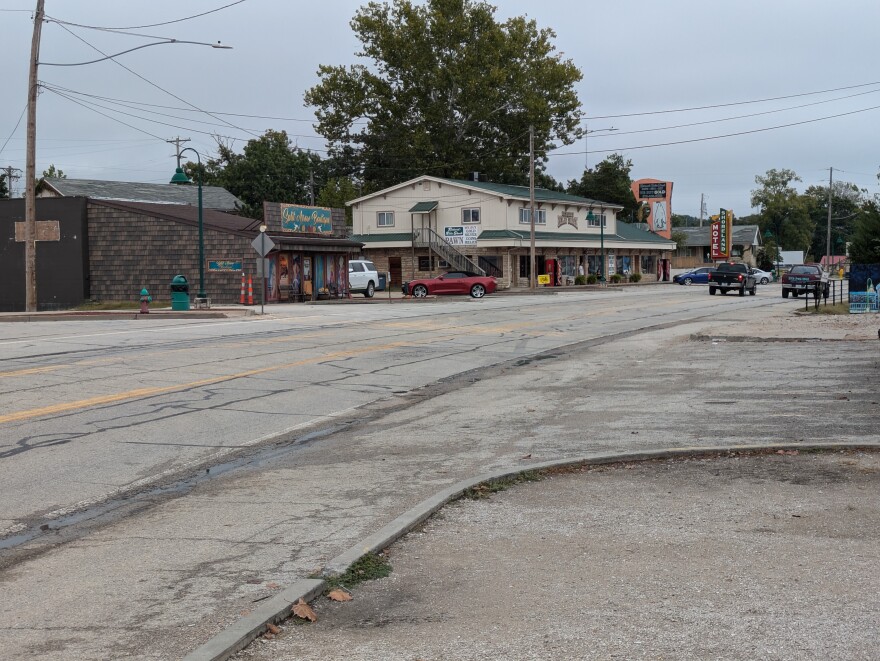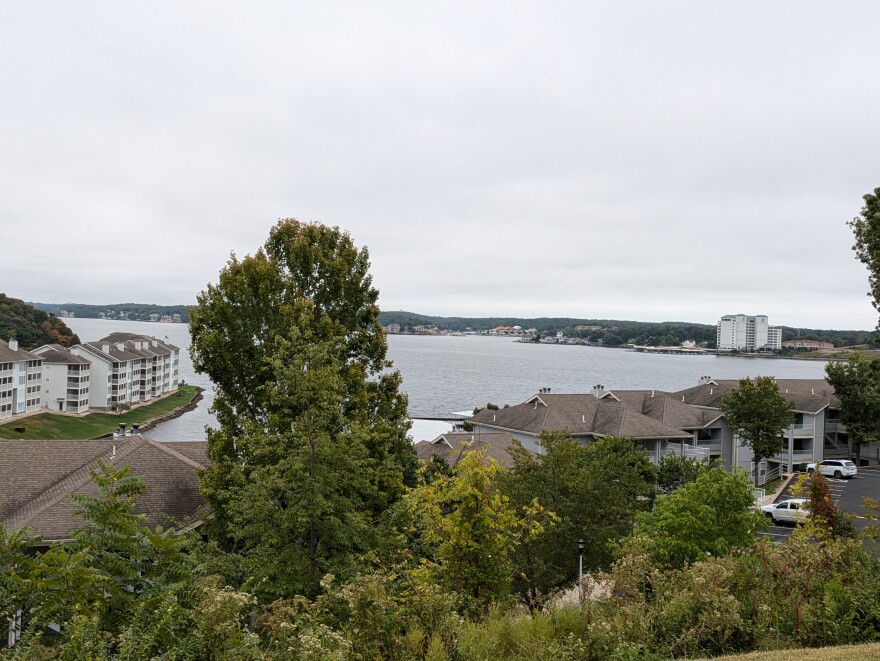When Missouri voters go to the polls in November, they’ll have the opportunity to authorize the building of a casino in the Lake of the Ozarks region.
If accepted, the amendment would create another gambling boat license, increasing the state’s limit from 13 to 14.
While called a gambling boat license, the ballot language makes a few notable changes allowing a non-floating casino near the Lake of the Ozarks. Previously, casinos could only be built on the Mississippi or Missouri River, but the new language allows construction on or near artificial water sources, which the Lake of the Ozarks is, having been built in the late 1920s and early 1930s.

The ballot language also changes the necessary proximity to water. Current law says casinos have to be within a thousand
feet of a riverbank. But the initiative language changes that to allow the Lake casino to be built on land that’s not more than 500 feet from where the water level would be at its 100-year flood stage.
There is no formal process by which organizations can bid for the proposed license yet, so while Bally’s has expressed interest if the initiative passes, there may be other bidders.
John Hancock, a spokesperson for the Yes On Five initiative, the organization that has worked with Bally’s to garner support for the amendment. Hancock estimates there will be about 700 permanent jobs created at the casino, which doesn’t count temporary construction positions.
The Missouri State Highway Patrol, which is responsible for enforcing gaming regulations, also indicated that it would request the equivalent of nine more full-time positions to help police the area.
The state auditor’s office estimates the casino would generate about $14 million in gaming tax revenue annually. All of those dollars are earmarked for the state to spend on early childhood literacy programs.
It’s a strategy that’s been used in other states to gain support for gambling expansions, but critics complain that legislatures often only fund education for a short time before diverting the funds to other priorities.

Supporters hope that the casino, while not generating taxes for the area directly, will bring in more tax revenue from an influx of visitors. Cindy Albert owns a condominium on the lake and said roads and other infrastructure have needed attention for years.
“It just gets pushed down the road because the money’s not there,” Albert said.
There’s also concern about the congestion casino-goers would add. Albert said she doesn’t think it would be too much of an issue, except for certain times in the summer.
“That would be the only concern time: on weekends. During the week it’s not too bad,” Alberts said.
Others say one of the main selling points of the casino is that it’s something to do when the weather gets cold. In other words, since a lot of the lake’s draw is outdoors when the weather gets cold, tourist interest cools off, too.
Tourist-focused businesses, line many streets near the lake and rely on out-of-town visitors for much of their revenue. Some business owners have expressed concern about the type of crowd the casino may bring to town. But John Hancock, whose group is pushing the project, said with casinos come lots of cameras to watch over the clientele.
“There’s not a more surveilled and secure facility than a casino,” Hancock said.
If voters approve the Lake of the Ozarks license on November 5, the Missouri Gaming Commission will then get to award it.
But it might soon face competition. The Osage Nation, an indigenous group based in Oklahoma, is also hoping to build a casino at the lake in the near future.

CORRECTION: An earlier version of this story indicated the Lake of the Ozarks was built by the U.S. Army Corps of Engineers. It was actually created when the Union Electric Company built Bagnell Dam in coordination with engineering firm Stone and Webster.



